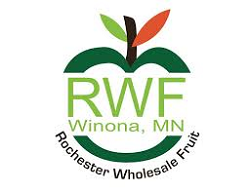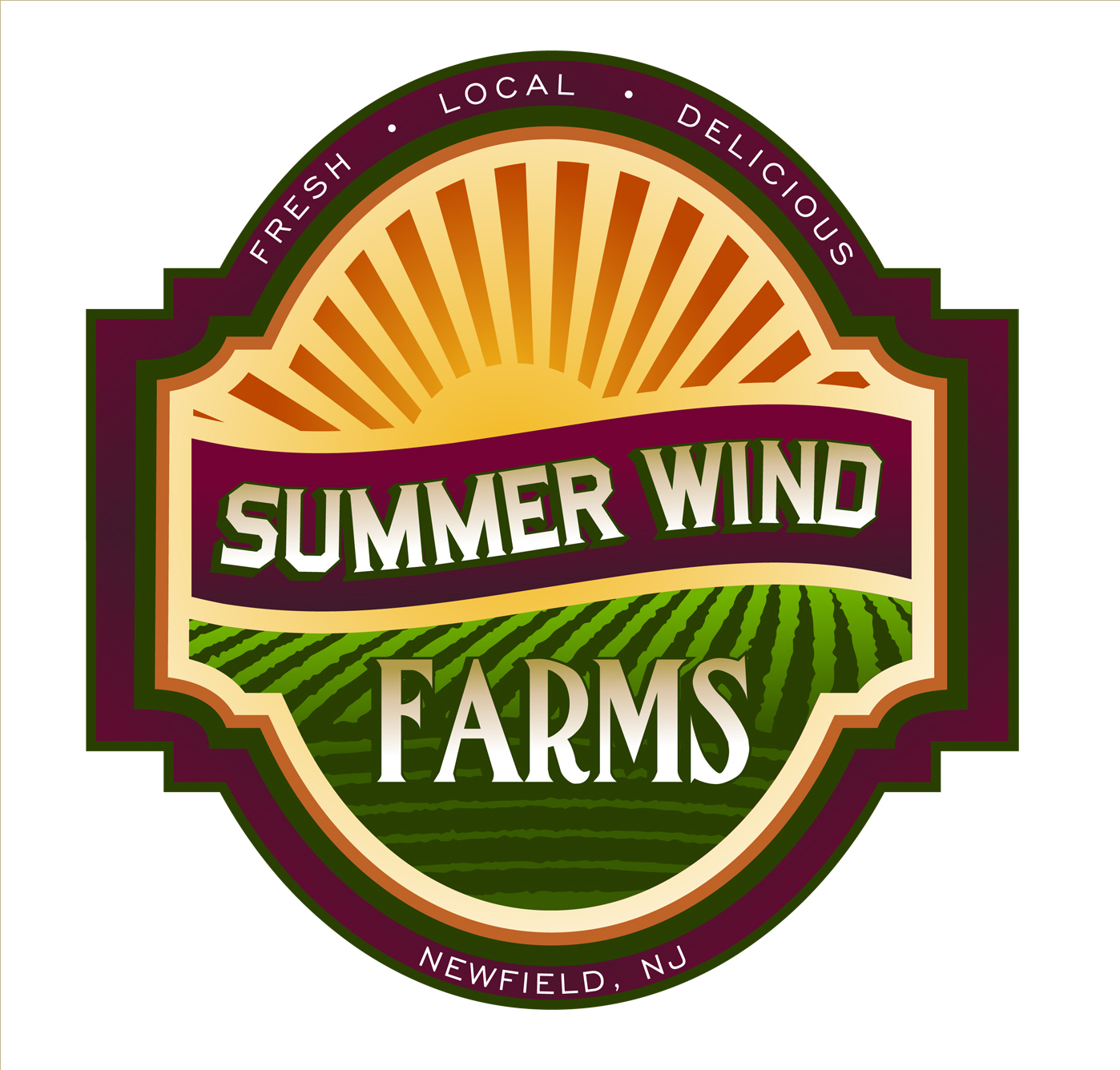I was thumbing through a copy of the 1991 Associated Press Guide to News Writing, written by the late, former AP managing editor Rene Cappon. That’s when Russ T. Blade peeked around the corner of my screen. “Rusty” is the miniature imaginary produce manager who occasionally drops by to talk shop.
Rusty: Some heavy-hitting reading you have there, pal.
Me: It’s an old favorite I sometimes review. Cappon did this one well. Short, to the point. His work remains my bestest writing buddy. Helps keep hacks like me out of trouble.
Rusty: I’m sure the AP editor would approve of using the word “bestest” in your work.
Me: He’s just one influence I’ve had. I really cut my teeth writing (what else?) retail produce bulletins. Mike Aiton, our director, was the real writing wizard and had a couple of us supervisors rotate to cover the task. Other departments put out lengthy, long-winded weekly bulletins that no one in the stores had time to review. Mike emphasized that bulletins should stay on point, conveying only information that was necessary — yet allowing some creativity to liven things up.
Rusty: Sounds like Mike was an editor in his own right.
Me: As are most managers overseeing communications. Our weekly marketing bulletins rarely covered more than a page and a half, at most.
Rusty: It still included everything necessary for a week’s worth of retail direction?
Me: We typically announced upcoming ad items, merchandising notes, summarized how the previous ad performed. Then usually just a “graph” — er, a paragraph — or two about concerns or suggestions for the week. Perhaps calling out a produce manager that did particularly well in some regard.
Rusty: I like that. Short, sweet and to the point on facts, as nobody has much time in the stores.
Me: In many ways, those old bulletin-writing days are the core of my weekly musings in this space. However, the influences go even further.
Rusty: I’ll play along. As farther is a measure of distance, and further relates to symbolic distance or degree, yada-yada …
Me: Yeah, yeah. I was thinking more along the lines of newspapers like (the 1893-founded) The Packer. Its sole and ongoing purpose is covering the produce industry. How cool is that? Digging back even farther, my first real media job was “residential distribution” – as a paper boy for the Denver Post.
Rusty: Seems I recall you eventually contributed to that publication.
Me: Very little. However, perhaps my greatest influence was former Rocky Mountain News’ late columnist Gene Amole. While his roots were in radio, “Geno,” like so many, was a late bloomer — started writing late in life. His work covered the gamut — current events to his understated World War II experiences, to recipes and food … and especially his disdain for politicians and store-bought tomatoes.
Rusty: What? Retailers have great tomatoes. Perhaps not quite like the rich heirlooms in my backyard, but ...
Me: True. I was a fan of both his columns and (of course) fresh produce. So, when I read what Mr. Amole said about tomatoes, I drove downtown to the Rocky newsroom and hand-delivered a case of our best greenhouse, perfectly ripened product to his desk.
Rusty: What was his reaction?
Me: That, my friend, is a story for another day. A “teaser,” as they say in the news game.
Armand Lobato works for the Idaho Potato Commission. His 40 years’ experience in the produce business span a range of foodservice and retail positions.














